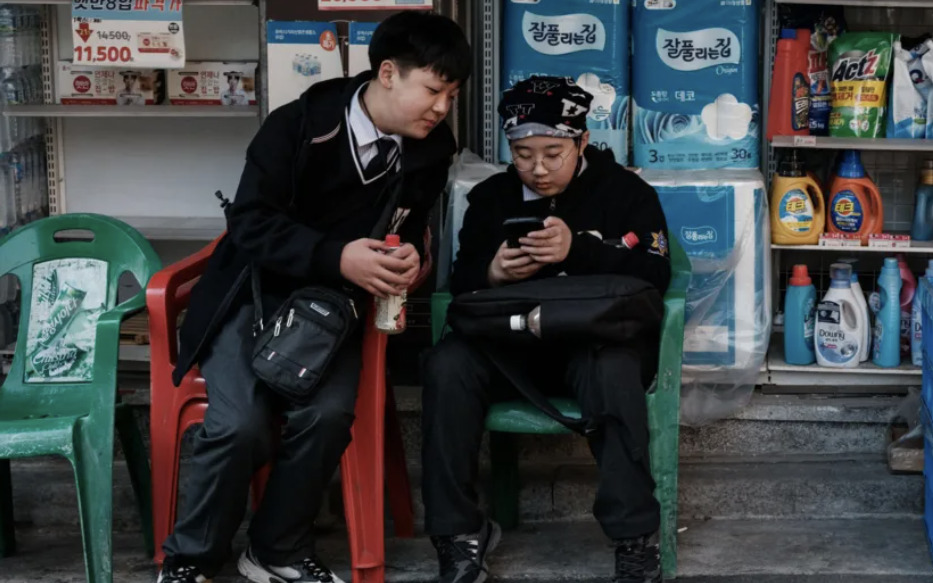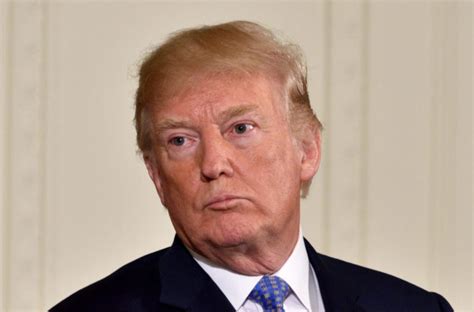South Korea has officially passed a nationwide law banning mobile phone and smart device use during class hours, making it one of the few countries to enshrine such restrictions into law.
The bill, approved on Wednesday with 115 votes in favour out of 163, will take effect from March 2026, the start of the next school year.
Why the Smartphone Ban?
The bipartisan move comes amid growing concerns over smartphone addiction among children and teens. Research shows excessive screen time negatively impacts academic performance, attention spans, friendships, and emotional health.
- A 2024 government survey found that 43% of South Koreans aged 10–19 are dependent on their phones, nearly double the national average of 24%.
- More than one-third of teens admit struggling to limit time spent scrolling through social media videos.
- Parents also worry about cyberbullying and the loss of face-to-face interaction.
“Students go to school to learn and build friendships, yet phones constantly distract them,” said Choi Eun-young, a mother of a 14-year-old in Seoul.
What the Law Says
- Ban applies during class hours, with teachers empowered to restrict phone use across school premises.
- Exemptions: Students with disabilities or special learning needs, educational purposes, and emergencies.
- Schools are required to educate students on responsible digital habits.
Global Context
South Korea joins countries like France, Finland, Italy, the Netherlands, and China, which have all introduced various forms of school phone bans. However, South Korea stands out as one of the first to legislate the policy nationwide.
South Korea joins countries like France, Finland, Italy, the Netherlands, and China, which have all introduced various forms of school phone bans. However, South Korea stands out as one of the first to legislate the policy nationwide.
“There is strong medical evidence that smartphone addiction harms students’ brain development and emotional growth,” said Cho Jung-hun, the opposition MP who sponsored the bill.
Parents largely welcome the ban, citing its potential to improve focus and curb online bullying. Teachers remain divided, though the Korean Federation of Teachers’ Association supports the law, calling it a “firm legal basis” for classroom discipline.
Students, however, have expressed scepticism, questioning how effectively the rules can be enforced and whether the law addresses the root causes of addiction.


































